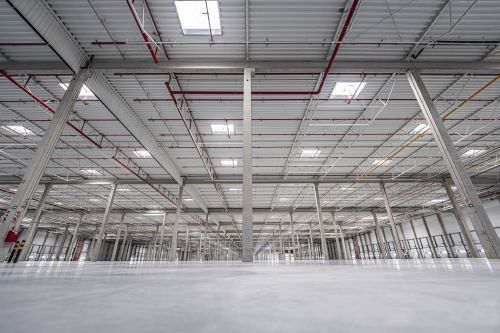New technology in the real estate sector, known as Proptech, is generating increasing interest in Poland. Proptech is becoming a hot topic on the market, with start-ups providing products and services that help with design, construction management, and commercialisation and in the end make life easier for tenants. The growing interest in Proptech is being driven both by global trends and by the domestic market, where client expectations are changing rapidly and competition is fierce. However, one of the barriers to the widespread adoption of Proptech is the relatively high cost of its implementation. Many companies still view the costs of spending on technology as being unjustifiably high in relation to the results they expect from it, or simply as not being essential to completing their projects, but this viewpoint is slowly changing.
In the long term, applying new technology in the real estate industry can bring companies a range of benefits. Proptech can simplify internal processes





























































Strong warehouse sector whilst capital cautious and offices yet to rebound
Strong warehouse sector whilst capital cautious and offices yet to rebound
Poland’s commercial real estate market enters 2026 in good health and with solid growth potential. Warehouses remain one of the strongest sectors in Europe, while constrained ...
Newmark Polska
The end of greenwashing as flex grows in strength
The end of greenwashing as flex grows in strength
The office sector is entering a period of deeper qualitative and financial scrutiny. Decisions regarding new projects, refurbishments, or leasing are now supported by more thorough ...
Walter Herz
The quiet revolution in Małopolska
The quiet revolution in Małopolska
Developers across the region are increasingly favouring heat pumps and photovoltaic systems over traditional gas boilers in warehouse construction. This shift marks a growing commi ...
Axi Immo